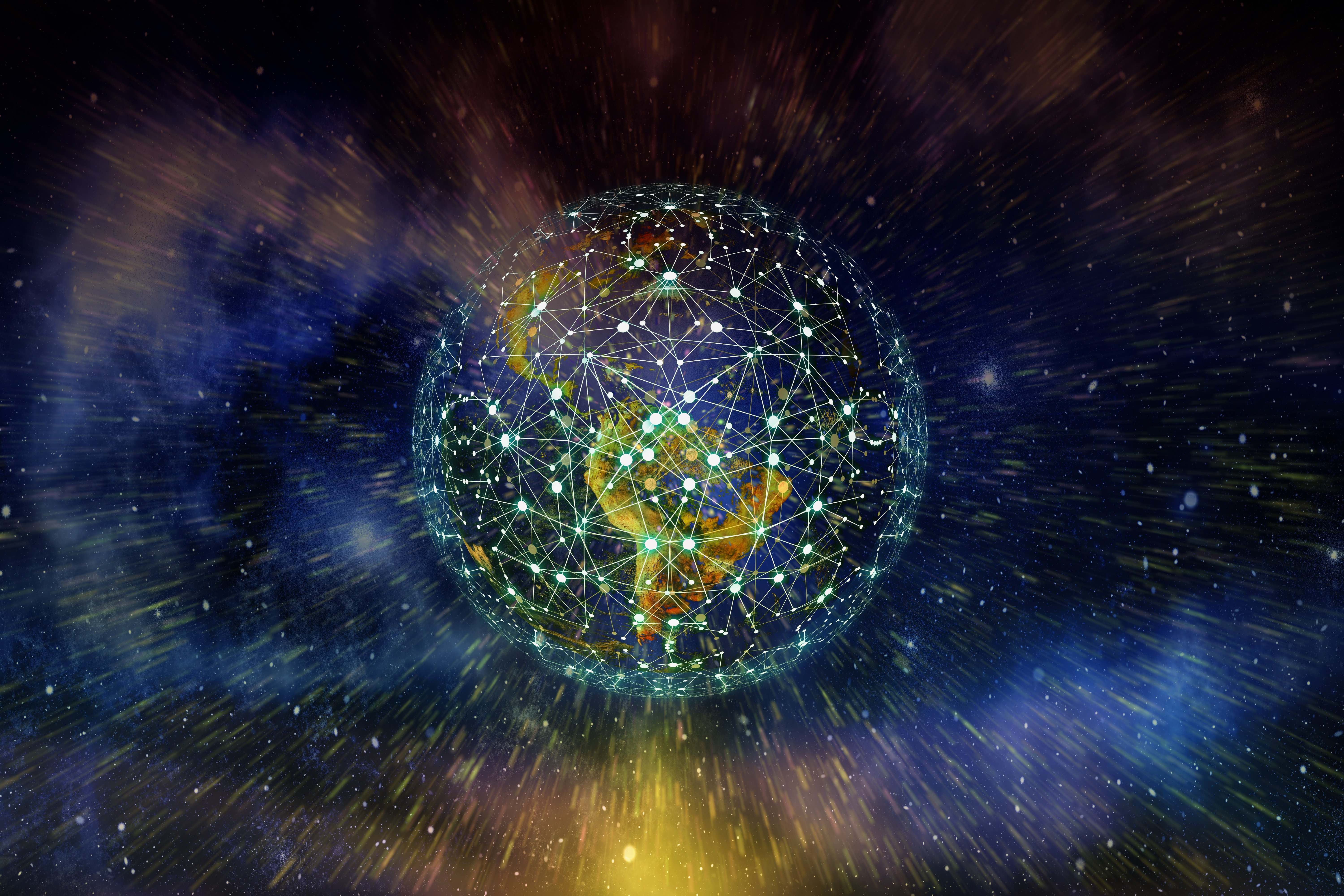When we realize we have the freedom to make decisions that shape our lives, including how we manage our time, it becomes easier to accept responsibility for our choices
BLOG
What is our strongest weapon in the new reality?

Ida Protuger
RELATED
Does the flat organizational structure offer greater well-being?
We live in a time of intense change, where artificial intelligence and technological advancements are transforming the world overnight. This new reality is referred to as a BANI world, characterized as: Brittle Anxious Nonlinear Incomprehensible The BANI world...
Emotions and Leadership: Don’t suppress – learn how to express
Leaders are often burdened with negative emotions and unmet needs, just like everyone else. By mastering EI, particularly emotional regulation, leaders can promote a thriving, results-driven corporate culture.
“The whole of life, from the moment you are born to the moment you die, is a process of learning’’ – Jiddu Krishnamurti
When they say wisdom comes with age, they do not refer to the years passed, but to the experience gained that sharpened one’s judgment, reaction and outlook.
If a crisis is seen as a chance to learn and if we are to use it as an opportunity for growth, instead of it causing chronic suffering, it is important to analyse two things: resources and goal.

Resources can be seen as one’s knowledge, skills and experiences, in a given moment. They are at our disposal to use them to overcome challenges, crises or other unfavourable situations. These situations are of crucial importance in personal coaching. The methods used as support mechanisms aim towards mobilising one’s resources, encouraging various perspectives, which would lead to shifting our focus from the actual problem to possible solutions.
Coaching is also support that helps overcome strong limiting factors, as is the case with fear.
Sometimes sessions are more like a timeline narrative of one’s life experiences, during which the individuals discern which of their resources can be used to overcome a certain situation or reach a certain goal.
In light of the current coronavirus pandemic, the prevention measures that have been taken to stop the spreading of the virus have led to considerable changes in the life dynamics for a vast number of people on our planet. It has started a new way of working, studying, doing business, and running one’s personal affairs. Right now, if there is a consensus about anything, it is that the crisis brought on by the coronavirus has taken us all out of our comfort zone. Unwillingly. But, everyone just wants things to go back to “normal”.
Even in “regular” circumstances, a lot of people resist change. People love their comfort zone. It is a sense of “normality”, in which our lives run a certain course guided by our developed expectations and habits, our needs have been more or less met, there is no unexpected stress and we feel relaxed and stable.
There can be up to seven billion meanings of the word “normal” – as much as there are people in the world. Nevertheless, how we deal with unwanted change is highly important. One possibility is to get stuck with the problem and suffer chronically. Another possibility is to consider this situation as a challenge to be overcome by looking for solutions.
Three questions we can ask ourselves in order of self-help:
– What is my goal in this newly found reality?
– What can I do in the current situation and which resources are at my disposal?
– How could I use these resources, so they are in line with my personal values?
After the acute phase of the crisis, the initial shock, and the denial to face reality, many people begin to accept it and begin to re-organise their resources to fit their new goals, given the circumstances.
For instance, the corona-crisis has left many without employment. Some find themselves currently using a skill that they had previously used for recreation, for example, cycling, as a way to earn a living. Some use this skill now in order to apply for a delivery position in large commercial chain online shops, food delivery businesses or to start their own business. Suddenly, there is a rise in demand in the cities for online food delivery and this has opened up plenty of opportunities.
But people often refuse to change in agreement with the new reality. They want their reality to conform to their needs, which often proves impossible.
In addition, emotional inconveniences can be very challenging. The fear of failure or the unknown, shame and low self-esteem frequently contribute to a situation where people are not able to mobilise their resources and arrive to a solution. In these cases, a goal can motivate one to strive for change and new meaning in the new circumstances. 
Change does happen, whether we like it or not; it is inevitable, but growth is optional.
The famous historian Yuval Noah Harari, in the introduction of his latest book 21 Lessons for the 21st Century says: “The future of humanity will be determined in your absence and if you are busy providing food and clothes for your children, you will not be spared of the consequences. That is really unfair, but whoever said that history is fair?”
The changes brought forward by the digital revolution are more dynamic than all other previous industrial revolutions. In the past, the changes were “distributed” throughout several centuries, while today they are “squeezed into” a few decades. The world we know today will not exist in the next decade, while the present is already quite different from what it was ten years ago.
In his book, Harari opens up a debate about the challenges of the 21st century, among which is the digital revolution and the development of artificial intelligence. He predicts that medicine, despite the amount of individual effort and knowledge dedicated to it, could be largely and soon replaced by artificial intelligence. The data required for a patient’s medical history or diagnosis can be easily done by a computer, whose software capacity can accommodate knowledge and algorithms and is far superior to that of a human’s ability to gain knowledge during the studies or even to that of a person’s accumulated experiences. On the other hand, replacing a nurse or manual care can prove a far more challenging task for the computer. Architecture can also be found among the professions that are in the process of being digitalised. Hours and years of studying drawing will be replaced by a computer programme. Digitalisation will leave many without a job but will open new professions and work positions.
Therefore, investing in oneself, strengthening the capacity of resources through new experiences, knowledge and skills will play a vital role when it comes to surviving in the new reality and the flexibility in the use of resources. The lessons and the adjustment made in light of such a big change as the pandemic of the coronavirus can serve as useful practice for the mobilisation of the resources in new circumstances.
If the reorganisation of resources and their use in new situations, on an individual level, is in line with people’s value systems, then this same situation could be seen on a global level. Resources can be both used and abused. Which resources are at humanity’s disposal that would help us overcome the crisis, caused by the pandemic?

The resources gained by globalisation and the digital revolution are used for the exchange of scientific knowledge and experiences, to fuel the fight against the coronavirus. This is one of the fastest exchange of information ever seen in history.
On the other hand, globalisation is necessarily turning fast into localisation, closing down within our borders and because of this, we can see different examples of mobilisation and the use of resources on a state level. We have the exclusive possibility to witness the capacities and the moral high-ground that are at work on the subject of leadership, in the world. Different strategies are put forward.
Some countries are making significant calculations in accordance with the scientific recommendations and insights, all while using humanity’s achievements. Some countries refuse to accept reality as it is and because of this, we witness political calculations that are interested in supporting their profits, instead of their people. It is Harari once again, in his article for The Financial Times, who raises the question of using technology in order to control the movement of the infected. It is usually so, that the freedom which had once been obtained, is harder to let go. Therefore, control over the infected can easily turn into long-term mass surveillance.
There is no ideal solution for a newly discovered situation and mistakes are often our best teachers. Nevertheless, humanity is being tested on its ethics and the practical utilisation of its resources. We are currently writing the blank pages of our history, which will be a testimony on how humanity handled such a severe crisis.
